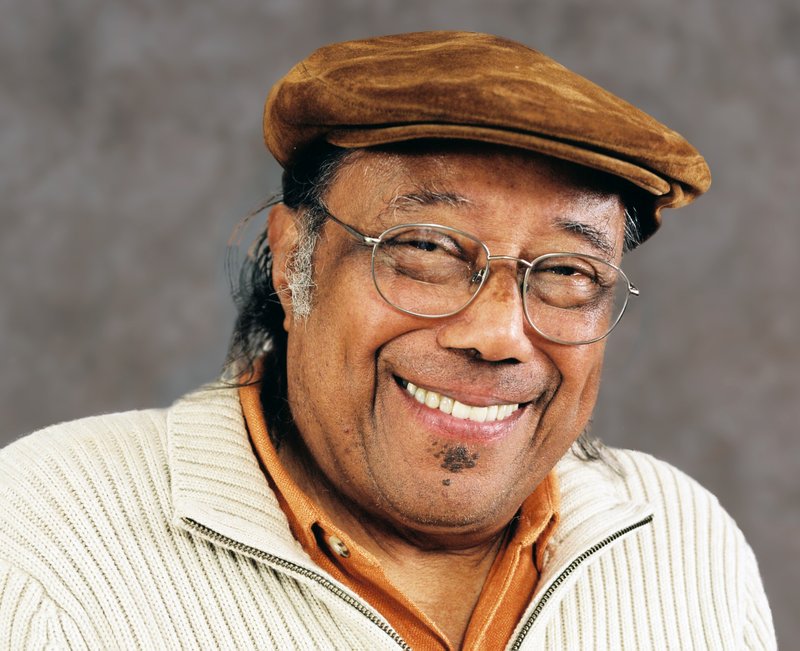Influential hard-bopping piano jazzman
Horace Silver, a pianist, composer and bandleader with a tireless inventiveness who influenced generations of jazzmen with his distinctive hard-bop sound, has died. He was 85.
The Westchester County medical examiner's office confirmed that Silver died Wednesday in New Rochelle, N.Y., but had no other information.
The pianist was something of a prodigy and moved to New York at the insistence of Stan Getz in the early 1950s after the famed saxophone player hired a rhythm section that included Silver for a one-time performance in Hartford, Conn. Silver was just 21.
He played with Getz for a while -- Getz would record some of his early compositions -- and other towering pioneers like Lester Young and Coleman Hawkins. He soon began a series of collaborations and recordings that remain highly influential in jazz a half-century later -- starting with his partnership with drummer Art Blakey that led to the seminal hard-bop album Horace Silver and the Jazz Messengers in 1955.
Though he eventually left the Messengers, Silver put out a string of milestone albums for Blue Note, a label he recorded for until 1980, which are still often referred to, including Six Pieces of Silver in 1956 and Blowin' The Blues Away in 1959.
His most widely heard composition, however, was not one he recorded himself. The rock group Steely Dan borrowed a riff from "Song for My Father" for its 1974 hit "Rikki, Don't Lose That Number," a song that remains in heavy rotation on classic rock and oldies stations.
Writer of acclaimed Flowers for Algernon
The Associated Press
WEST PALM BEACH, Fla. -- Author Daniel Keyes, whose novel Flowers for Algernon became a classroom staple that explored the treatment of the mentally disabled and the ethics of manipulating human intelligence, has died, his family said. He was 86.
Keyes died Sunday of complications from pneumonia, said his daughter, Leslie Keyes.
First published as a short story in 1959, and later as a novel, Algernon is a series of journal entries by a low-IQ laborer named Charlie Gordon who participates in experiments that triple his intelligence just as researchers did with a laboratory mouse named Algernon. As the protagonist reaches the height of his brainpower, the mouse's progress begins to reverse until it dies, a harbinger of what's to come for Gordon. The makeup of the book's entries follows the ascension and decline of the main character, whose writings are filled with spelling and grammatical errors at the start, then soar to sophistication before regressing.
The short story won a Hugo Award for best short fiction and the novel won a Nebula Award from the Science Fiction and Fantasy Writers of America. The book has sold more than 5 million copies. Actor Cliff Robertson won an Academy Award for Best Leading Actor with his portrayal of the book's main character in Charly, a 1968 movie based on the story.
Algernon, though to this day part of many schools' curriculums, also has been frequently banned for some of its content, appearing as No. 43 on the American Library Association's 100 most frequently challenged books of the 1990s.
Metro on 06/20/2014
